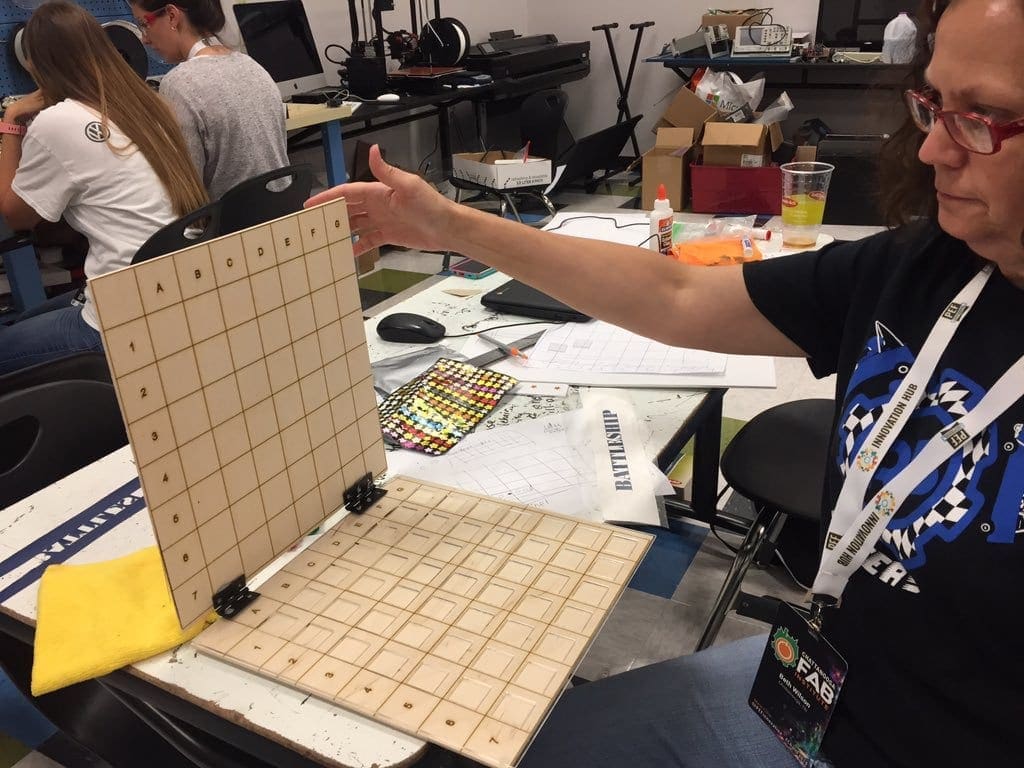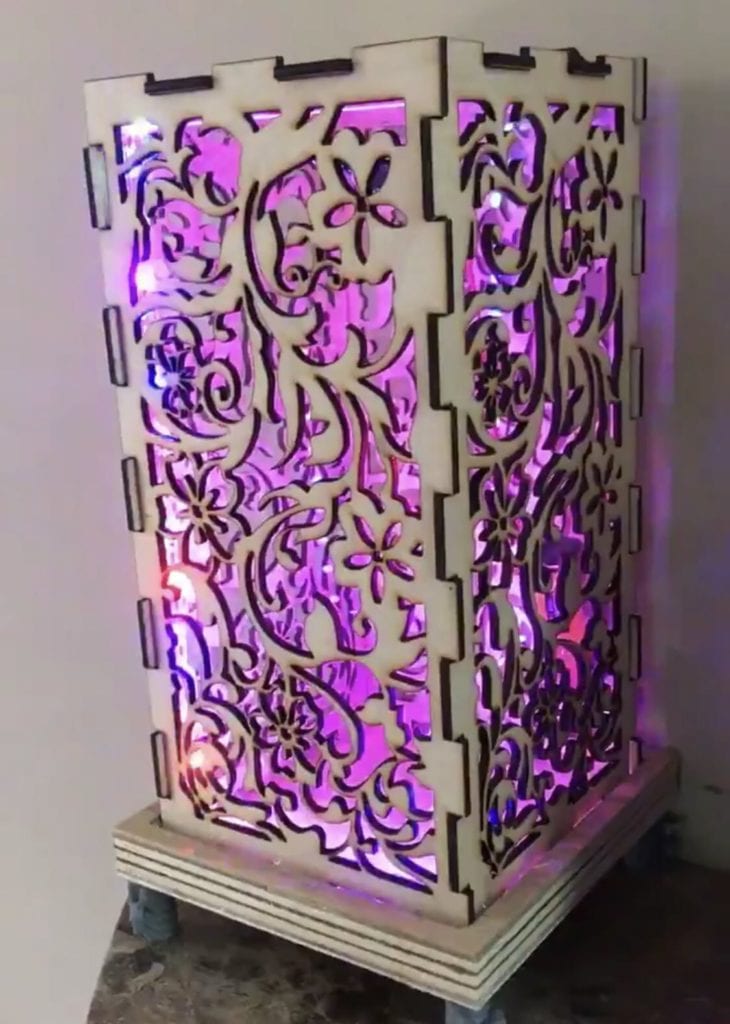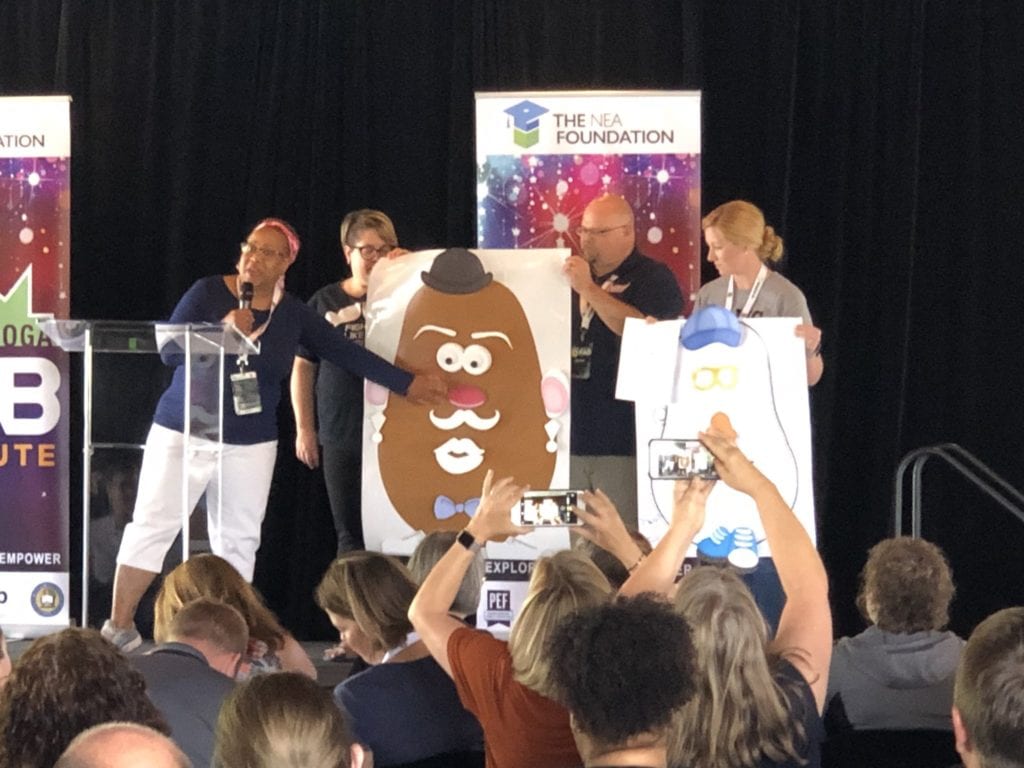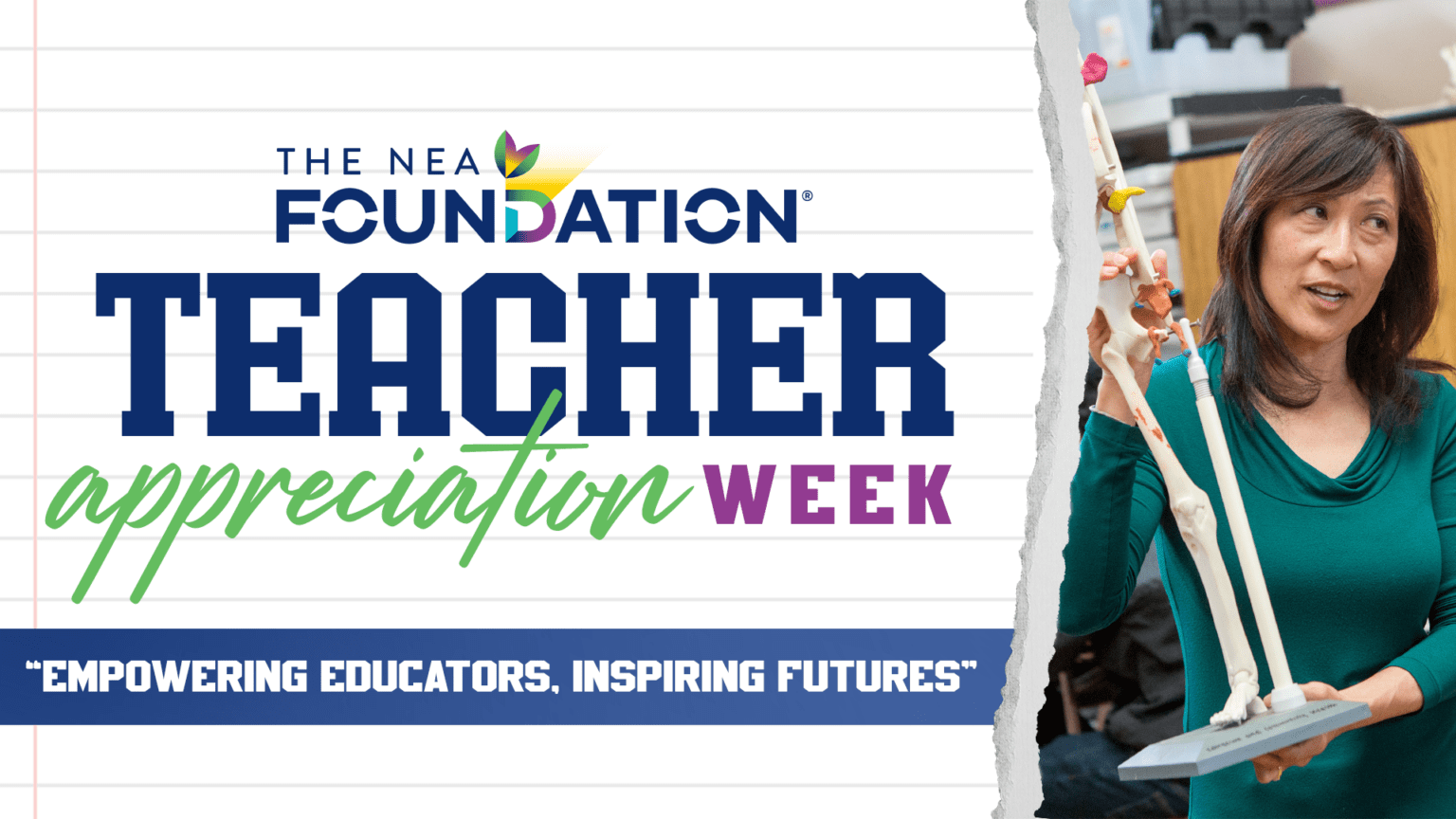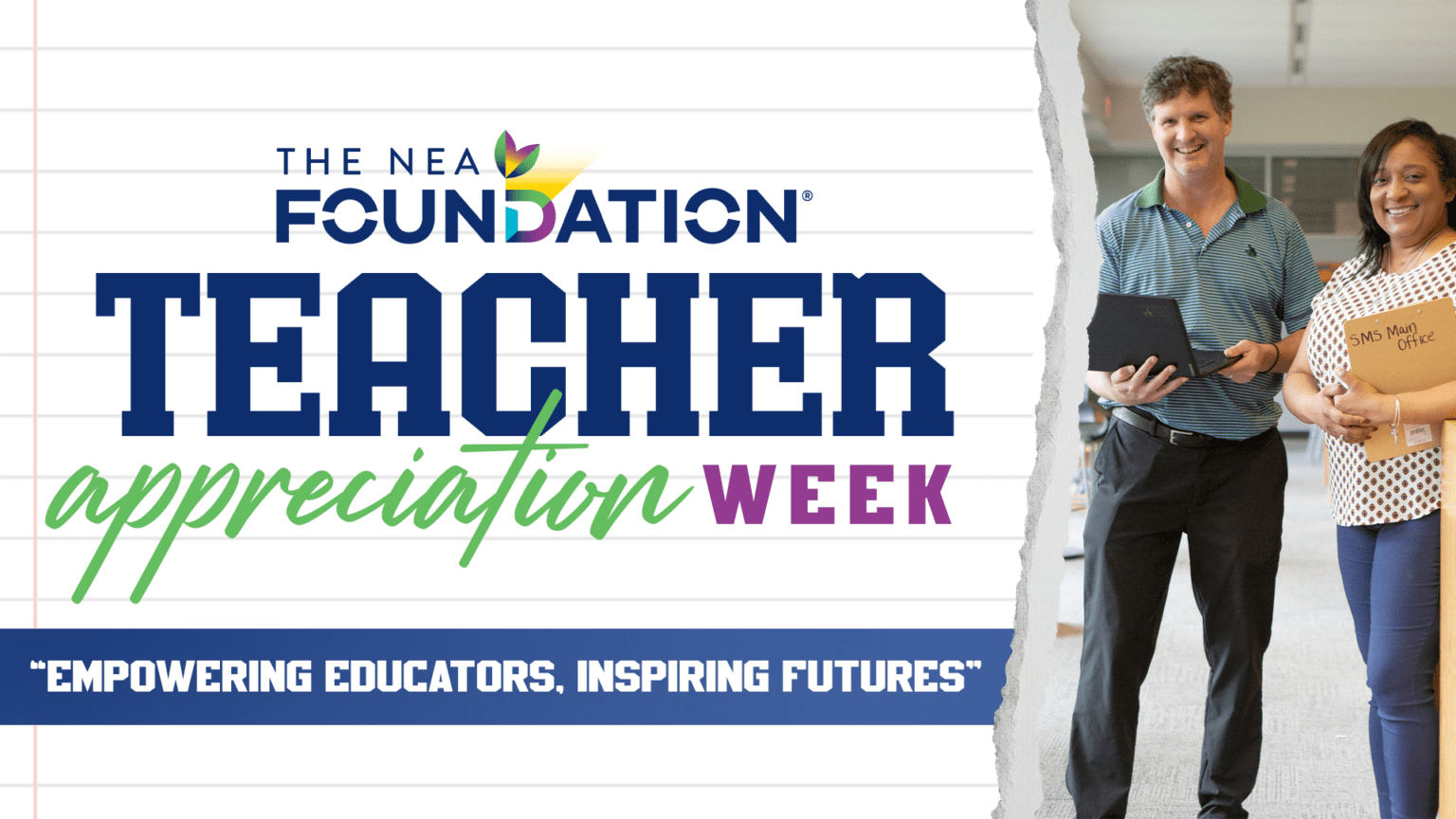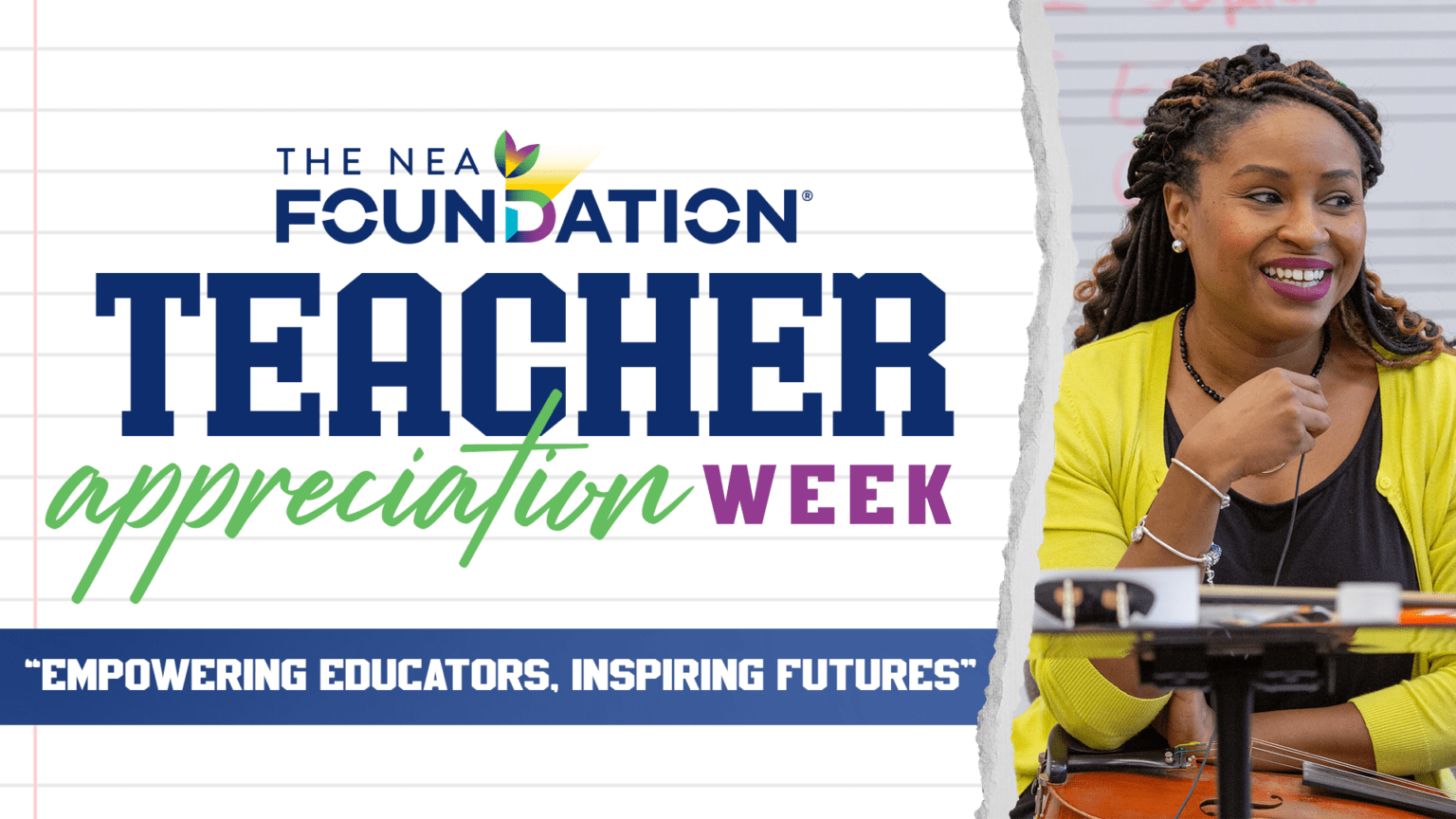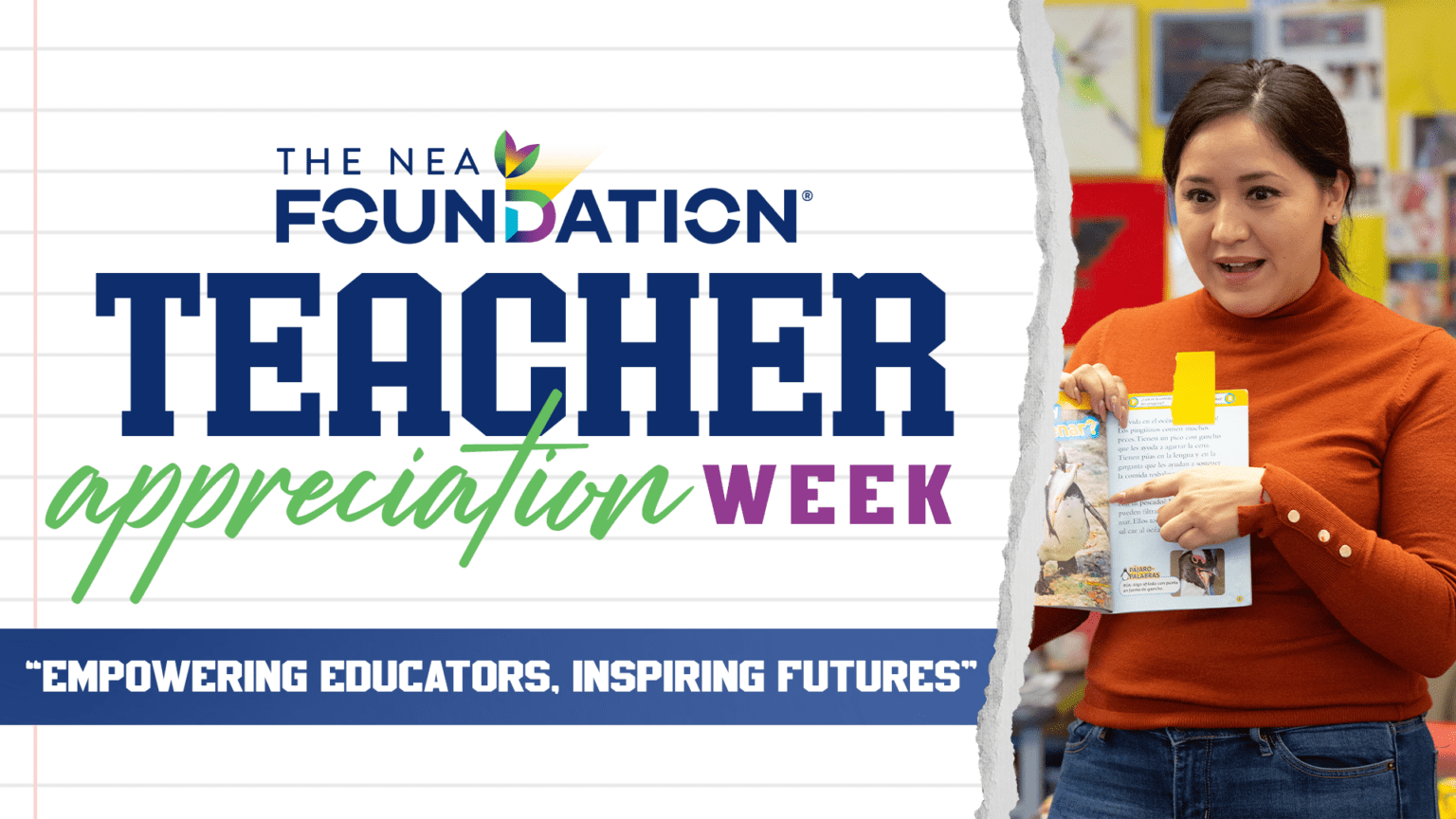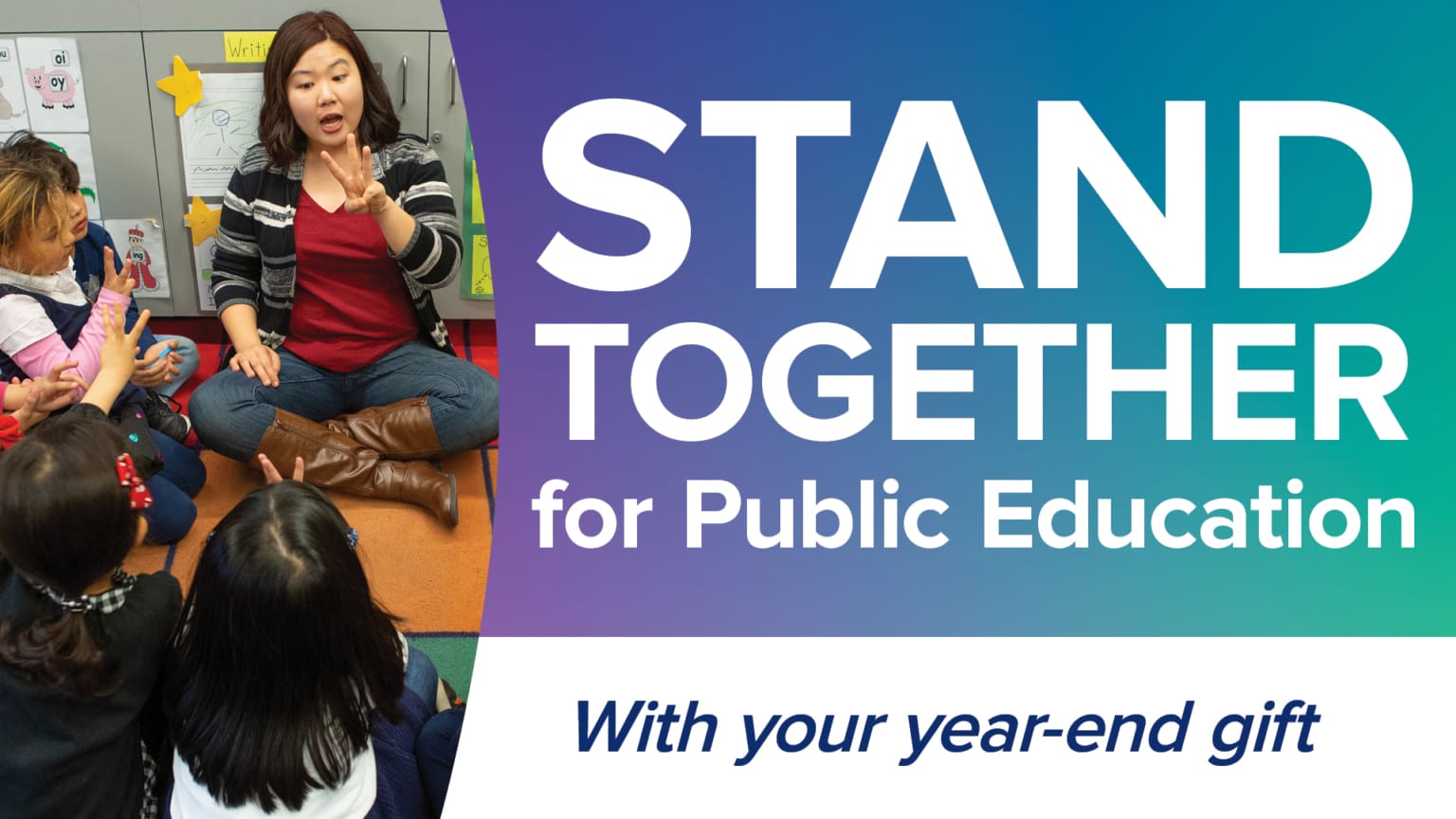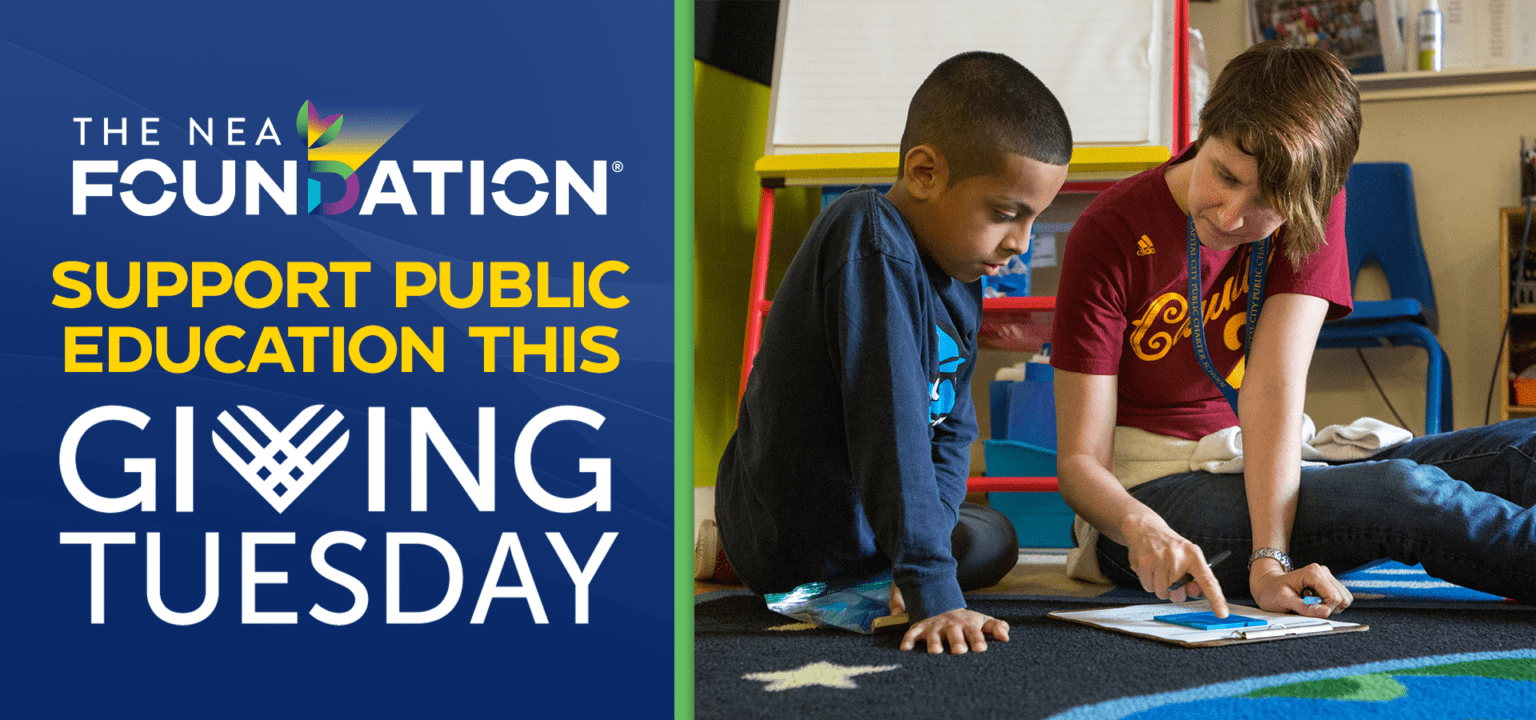We’ve all seen the look on students’ faces when they have a breakthrough. It’s one that only comes during the journey of learning, exploration and discovery. It’s particularly remarkable when this happens with the use of new tools, technologies, and applications that are relevant to their interests and future.
What would schools look like if more educators received specialized training and resources to bring STEM into the classroom? Would students who have greater access to cutting edge technology and quality instruction be able to explore these interests and be exposed to potential future career opportunities?
Increasingly in Hamilton County, Tenn., they do. To develop an energizing atmosphere, we embraced an educational philosophy that cultivating a STEM mindset is one of the most critical skills students need for success in the modern workforce. To this end, we had to shift how we approach teaching, learning, and assessing student development.
Working in partnership with the NEA Foundation to develop and scale innovative strategies for teachers and students, the Public Education Foundation (PEF) and Hamilton County Schools (HCS) collaborated to launch and scale a comprehensive program with three core components – Science Sparks, STEM Fellows, and Chattanooga Fab Institute. Science Sparks is a hands-on, K-8 set of science modules that cultivate students’ scientific inquiry skills. STEM Fellows, a year-long teacher development cohort, connects teachers with industry professionals to inform how they develop classroom experiences for students. The Chattanooga Fab Institute is an intensive summer workshop in digital fabrication designed and led by teachers for teachers.
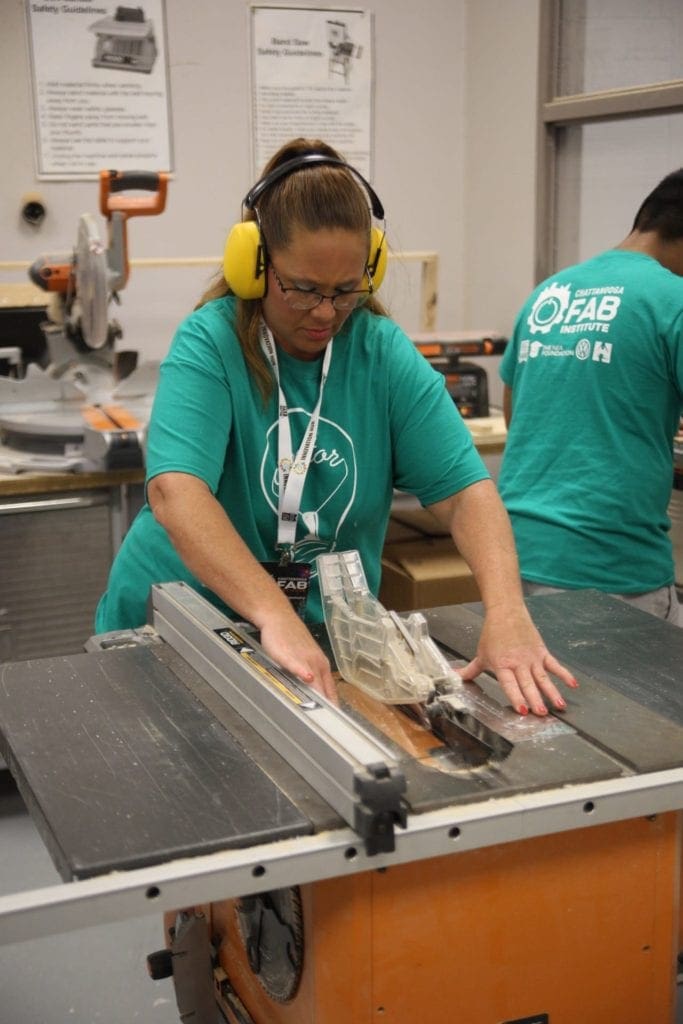
In a media and information saturated world, it is critical that teachers cultivate learning environments that give students opportunities to experience learning in authentic and relevant contexts. Students, now more than ever, see and deserve opportunities to engage, explore, experience, and create. In Hamilton County, the mechanism for this shift has been inquiry-based instructional experiences, enhanced through digital fabrication (high-tech maker education). To achieve this transition from teacher-centered instruction, to inquiry-based experiences, we turned to our teacher leaders who were already pioneering these exciting strategies.
Since 2017, teacher leaders have worked with HCS administrators and PEF staff to develop and deliver more than 350 hours of professional development to nearly 1,000 classroom teachers in the district. This “boots-on-the-ground” approach has yielded tremendous results as the teacher-led professional development opportunities are directly informed by the everyday experiences of classroom teachers. The results have been transformative for both teachers and students. For example, research conducted by Policy Studies Associates identified significant increases in teachers’ self-efficacy implementing strategies “promoting critical thinking, encouraging problem solving, and creating opportunities for peer collaboration.”
While all of these efforts have been transformative in our community, the work of the Chattanooga Fab Institute has had a national impact. The annual institute brings together educators from across the country to engage in a three-day experience in Hamilton County’s acclaimed Volkswagen eLabs where they get hands-on experience in digital fabrication, learning to use a wide range of technology like 3D printers, microcomputers, laser cutters, and CNC routers.
Technology may be the incentive that draws immediate interest in the institute, but peer-to-peer engagement is what makes it shine. Unlike many education conferences facilitated by experts who have been years-removed from the classroom, this institute is designed and led by more than two-dozen classroom teachers. Each brings a unique set of expertise and experiences to the table. Teacher participants engage in a series of strategically designed digital fabrication experiences that empower them to work through inquiry-based models while teacher leaders artfully guide them through transformative learning experiences.
It is clear that when teachers are given the support and platform to lead, the potential for impact is exponential. To learn more about the 2020 Chattanooga Fab Institute, please visit www.vwelab.org/chattfab.

